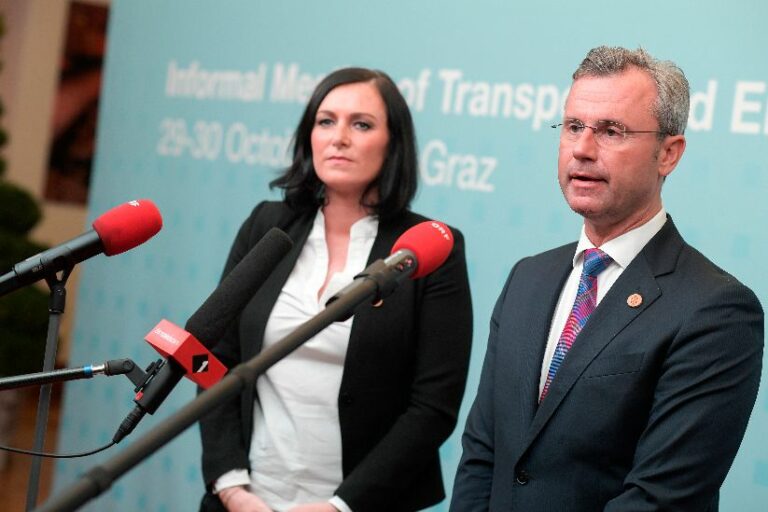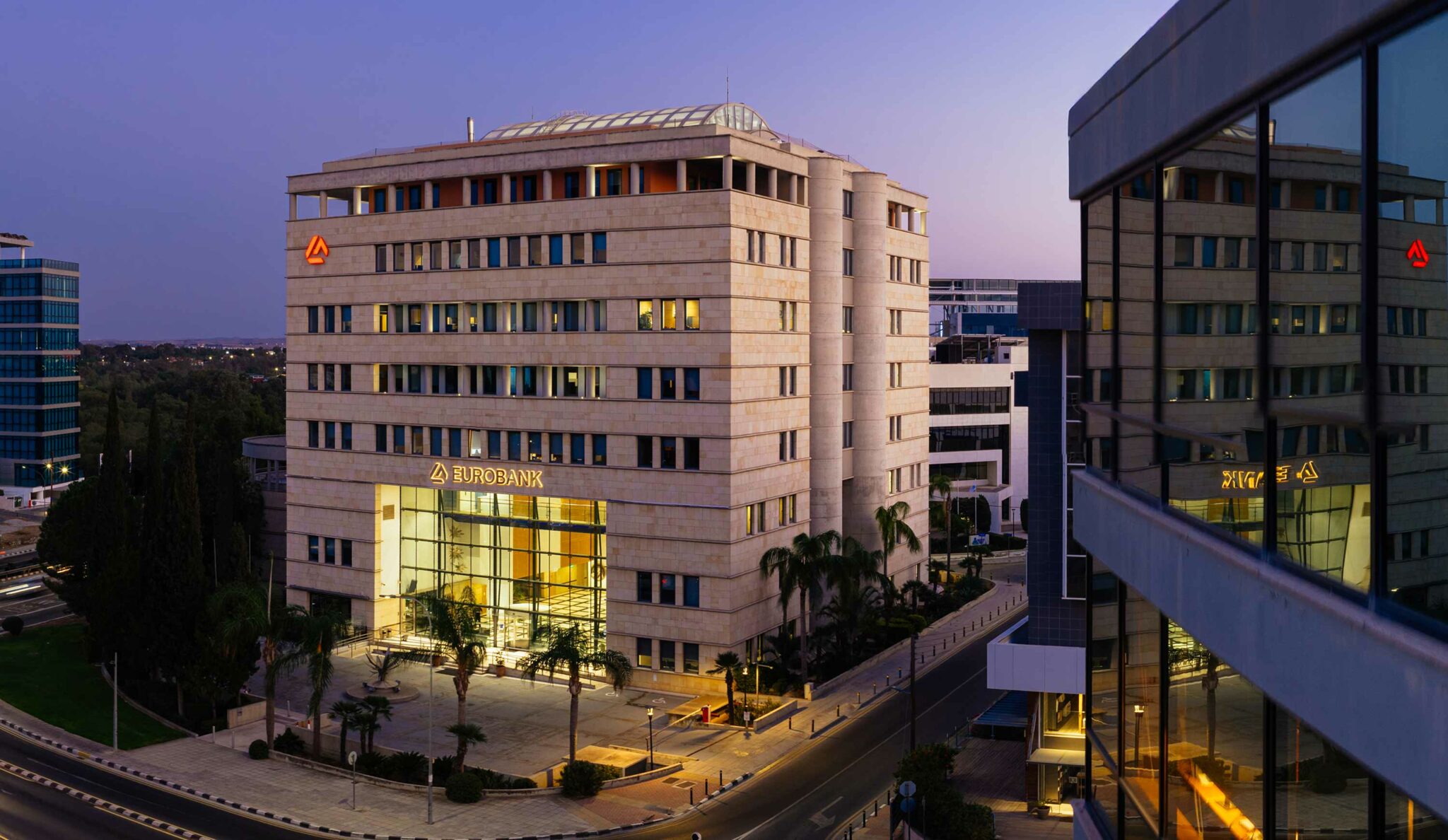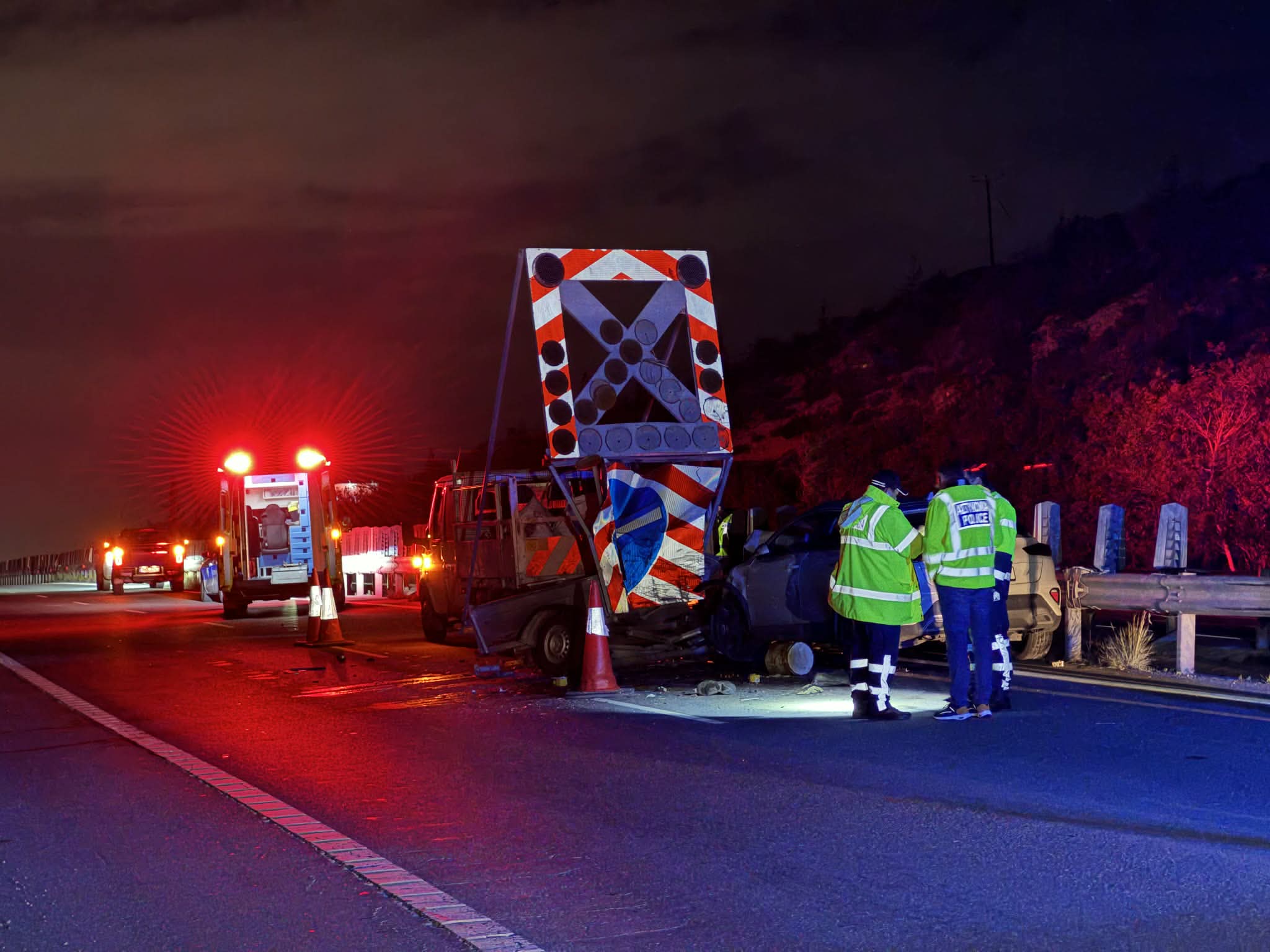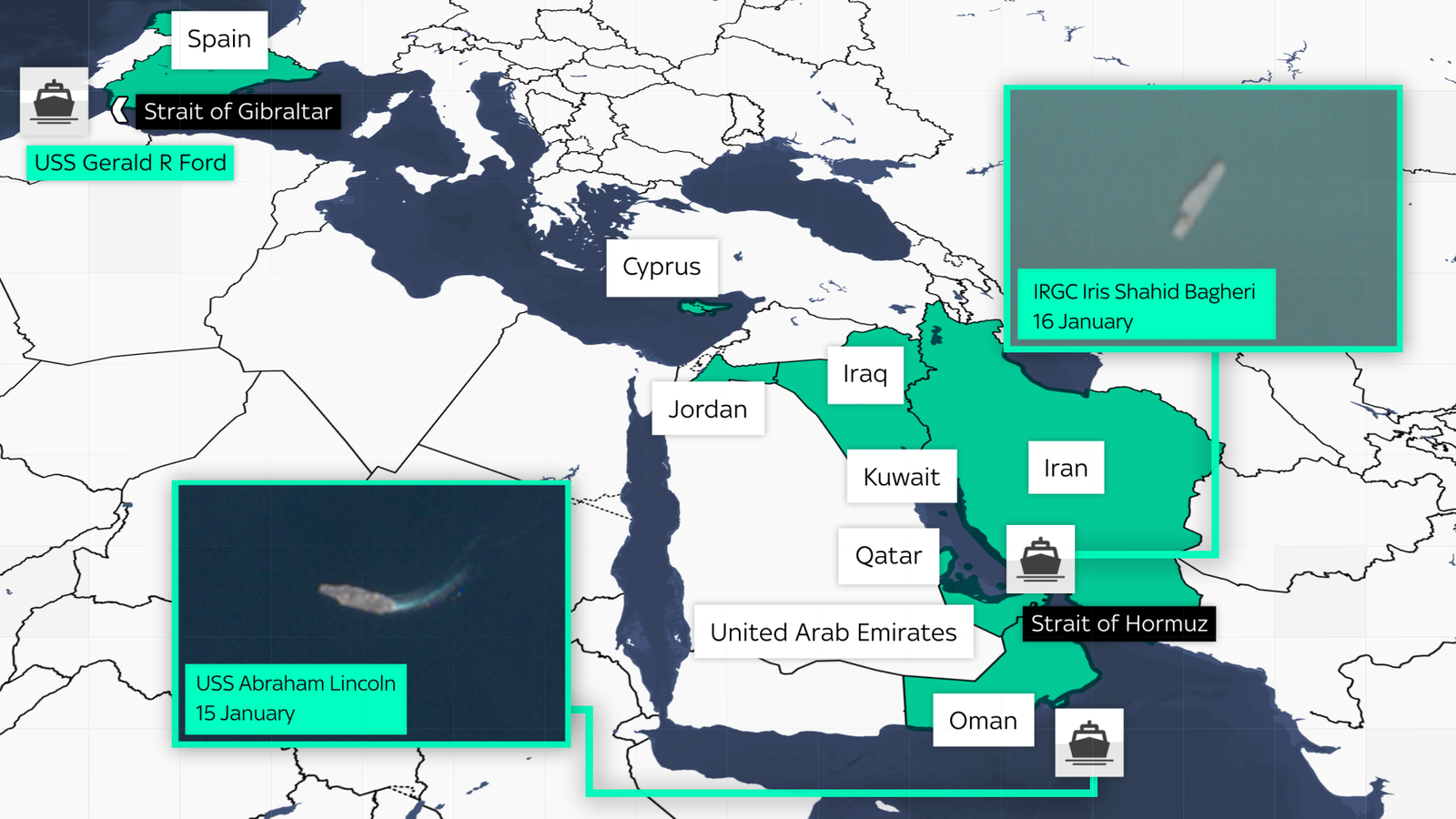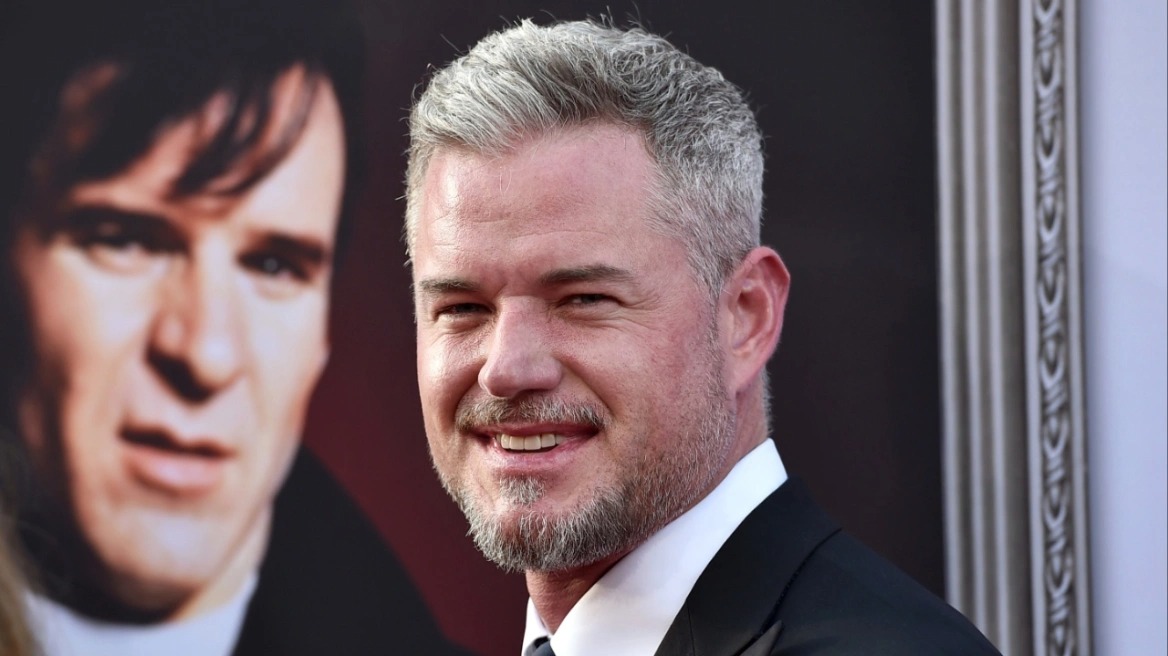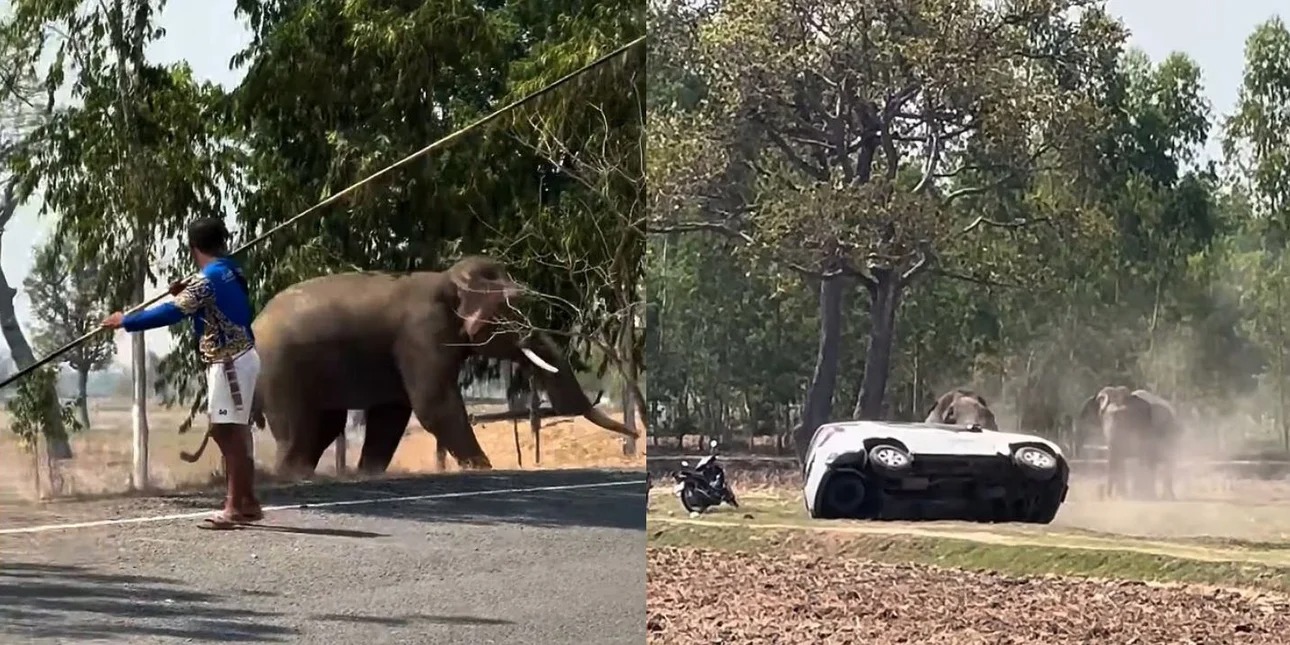The Austrian EU presidency hosted a joint meeting of EU environment and transport ministers in Graz as it seeks to emphasis the importance of a global transition to a low‑carbon and climate‑resilient society.
It said the meeting marked the start of a new era in which all parties will work towards a “Green Deal” for a new type of mobility in Europe – clean, safe and affordable — which will benefit citizens, society, the environment and the economy.
The fact that the environment and transport ministers are holding a joint meeting is an important sign that the huge task that is climate protection can only be solved in conjunction with the issue of mobility, said Minister Elisabeth Köstinger and Minister Norbert Hofer, who currently chair the Council meetings in the respective areas of environment and transport.
The EU must guarantee people’s mobility on the one hand, while on the other hand finding and developing ways to make that happen without endangering our environment, they added.
Prior to the meeting, the Austrian Presidency of the Council of the EU drew up the “Graz Declaration”. This declaration was presented to the member states for discussion on October 30. The content of the declaration will subsequently be addressed and elaborated at this year’s forthcoming formal EU Council meetings.
The declaration calls on member states and the European Commission to step up their efforts by quickly implementing clean mobility measures in order to sustainably improve the health and quality of life of European citizens in both cities and regions.
According to the declaration, the European climate targets for 2030 and the long‑term vision until 2050 in line with the Paris climate agreement can only be achieved through political measures and the alignment of financing and support structures. This would require a holistic approach of the transformation policy that combines measures and harnesses synergies.
In this context, the EU environment and transport ministers urge the European Commission to pursue a strategic holistic policy approach that comprises a comprehensive strategy for clean, safe, accessible and affordable mobility, an increase in innovation and competitiveness, and social inclusion in Europe.
The two Austrian ministers also emphasised the importance of a shift to clean and zero‑emission vehicles as well as the promotion of alternative fuels.
“Digitalisation, consistent investment in infrastructure expansion for public transport, cleaner freight logistics, mobility management, affordable mobility services as well as socially fair mobility and transport safety aspects must be combined to make a fully integrated transport system,” said Transport Minister Norbert Hofer.
Added Environment Minister Elisabeth Köstinger: “Awareness‑raising measures that elicit changes in behaviour and the promotion of sustainable mobility are the key aspects that will enable the shift to be successful.”
The European Commission, the EU member states, regional and local authorities and other stakeholders should further develop measures in the following areas:
- clean vehicles: rapid introduction of zero‑emission vehicles and renewable fuel options
- mobility management and planning
- active mobility to promote health and sustainability
- safe and inclusive mobility
- multimodality and infrastructure
The informal meeting of environment and transport ministers invited the European Commission to build on these principles and proposed measures by developing and implementing by 2021 a comprehensive strategy as well as a roadmap for sustainable, clean, safe, affordable and inclusive mobility in Europe with appropriate packages of measures.
Edited by Bouli Hadjioannou

